Game Over For Korean Teens
The Evolution of “Game Shut-Down” Legislation in Korea
October 9, 2021
In 2011, the Korean government issued a law colloquially known as the “Game Shut Down,” sending shockwaves through the nation’s pervasive gaming industry and culture. As the pastime became increasingly popular in Korea, parents were worried that students’ sleep schedules (and subsequently, their academic performances) were taking a hit from excessive gaming. The government (unsuccessfully )attempted to take initiative on this issue by restricting video game consumption, causing strife between various gaming companies and the MCST (Ministry of Culture, Sports, and Tourism).
In response, civic groups proposed legislation that would allow parents to impose a time limit on gaming on their children. Though the law sounds simple, it never made it through the courts. However, the proposition set future legislation into motion. After trial and error, the court successfully passed a “Game Shut Down” law on November 20th, 2011, promising that “Internet game providers shall not provide Internet games to adolescents under the age of 16 from midnight to 6 A.M.” The law was ratified, and parents were ecstatic that they could prevent their children from spending excessive time on video games.
Freshman Kyle expressed that he was glad that the decree had been pulled out of action–he thought that the law had more adverse effects than benefits. He expressed concerns about the limitations on freedom this law had imposed. “Honestly, though, I saw this coming. This is Korea and many Korean people like to play video games. Gaming is such a major part of Korean pop culture, and many people of various ages enjoy it. It’s hard for the government would suddenly take away freedom from such avid gamers.”
Another issue stemming from the “Game Shut Down” law arose. Some 15-year-old boys were participating in Starcraft competitions as representatives of the country; but because of the new law, the boys were pressured to finish the game early, leading to a discouraging 4 to 1 loss.
Harrison from the 9th grade exclaimed, “If there is a ‘Game Shut Down’ law, there is no opportunity for pro-gamers to do their absolute best, and that’s a major loss on our part!” Korea is a known powerhouse in the gaming world; to penalize players in Korea’s lucrative e-sports leagues would be a deficit to the nation overall. Unaware that Korea had such a strict law, the reaction of most foreign viewers of the tournament was overwhelmingly negative. Although a couple of other countries like China and Japan have similar laws restricting minors from over-playing video games, very few have a penalty like Korea’s.
A decade has passed since the shutdown law was first introduced. As we know, the “Game Shut Down” law was eventually abolished in hopes that children and parents would communicate on the issue of gaming addiction instead. The MCST stated that they would respect the right to education and individuality in the home, and the law restricting gaming was abolished. This attempt at controlling game time just goes to show that perhaps Korean gaming culture does not give a good impression to other countries and also to teenagers.

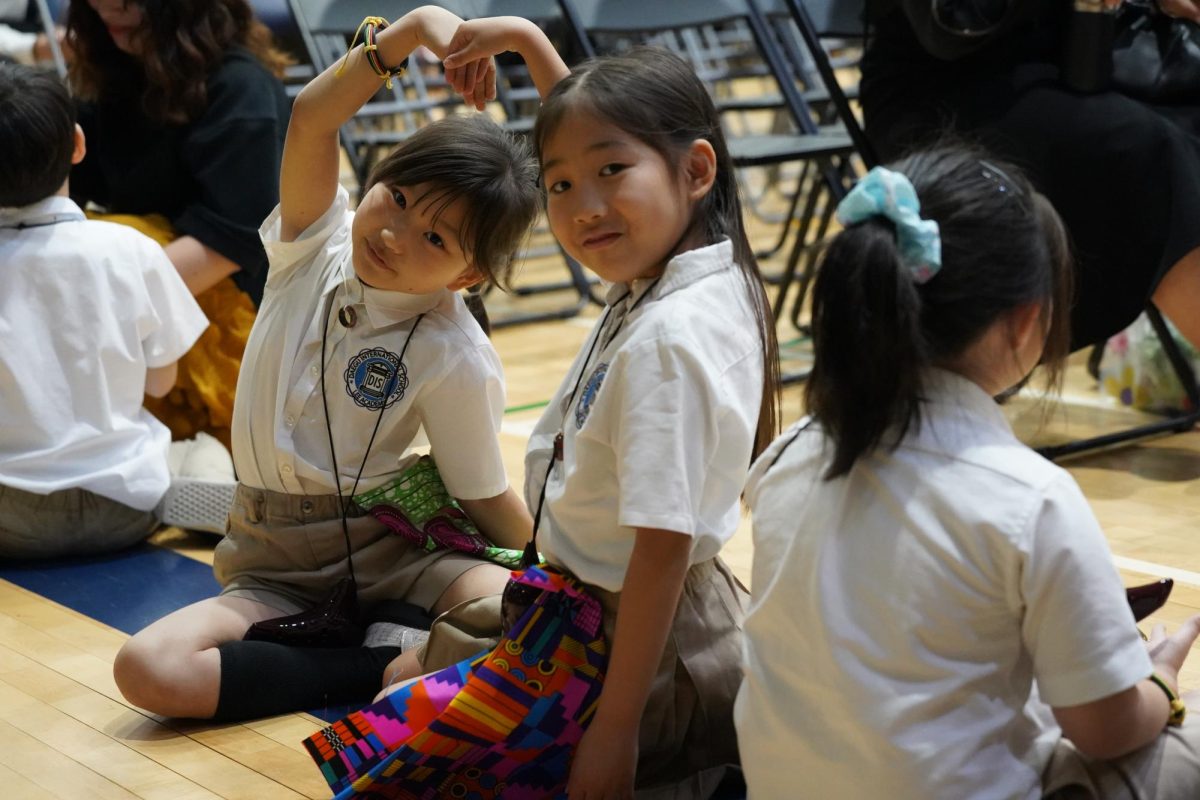


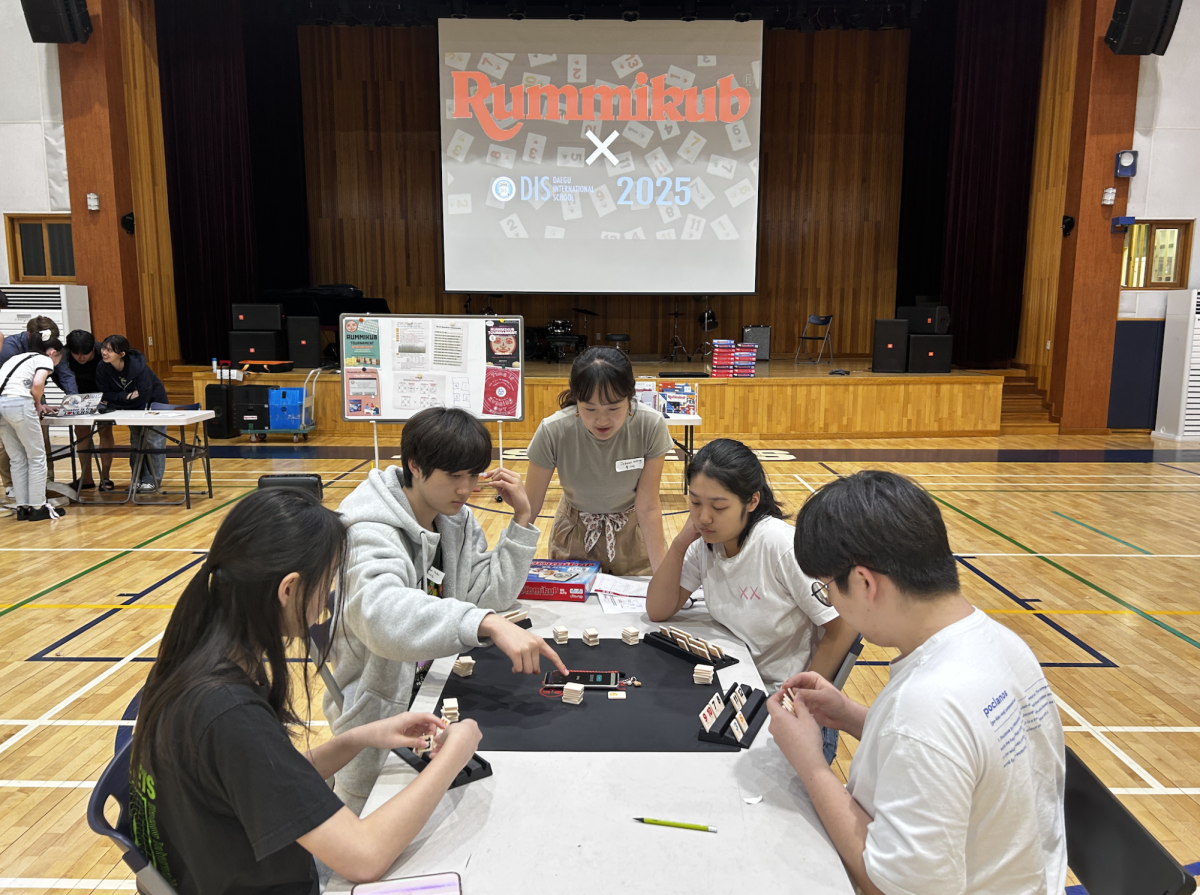
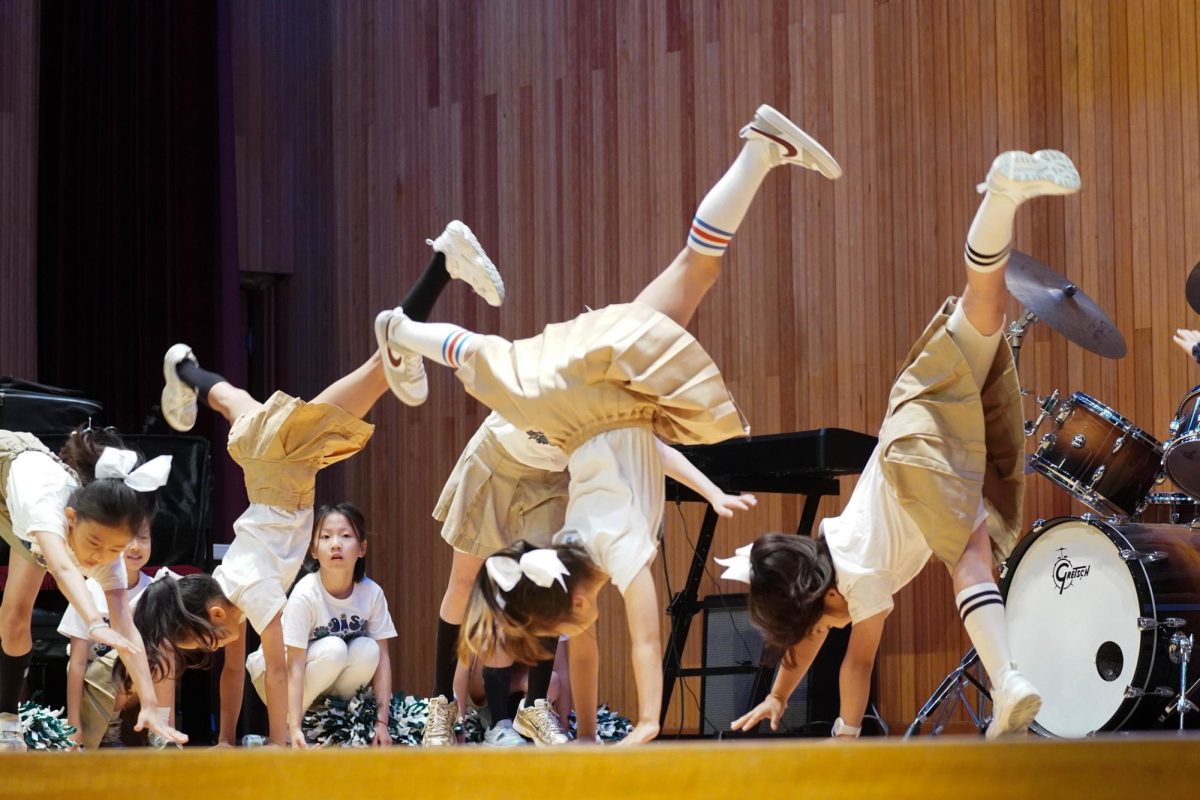
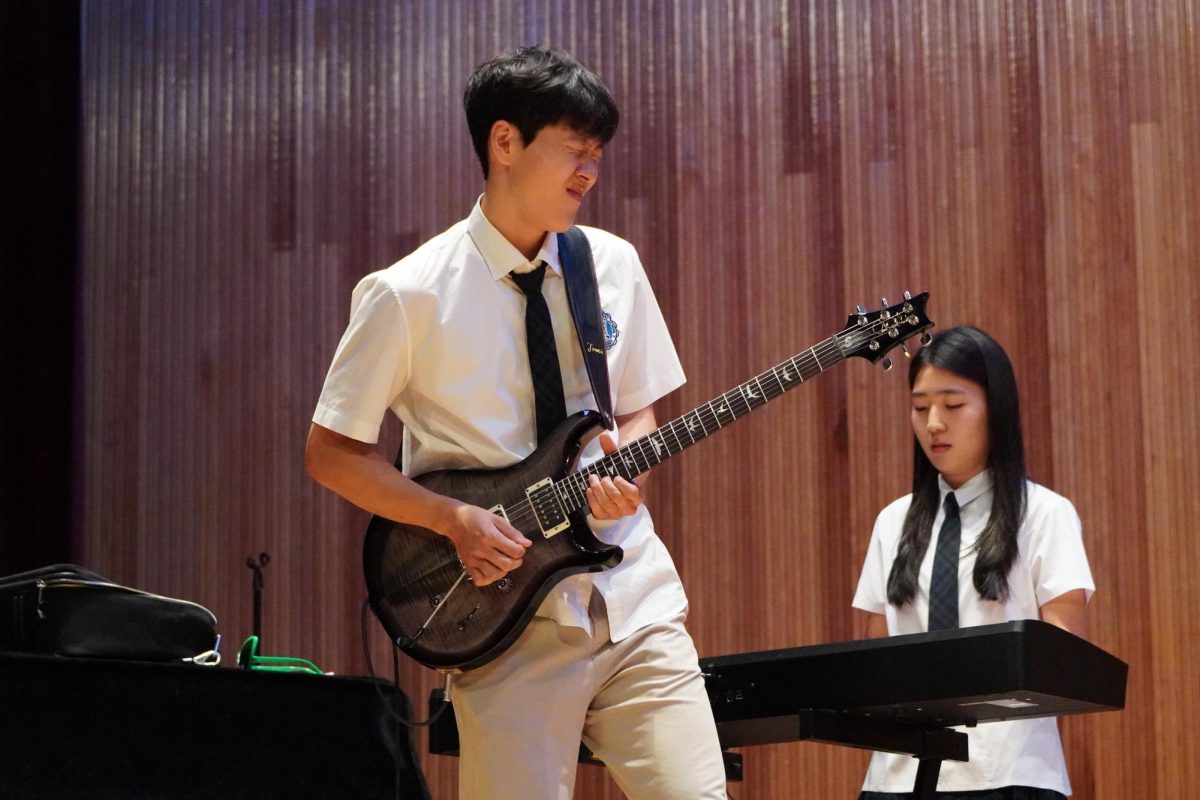


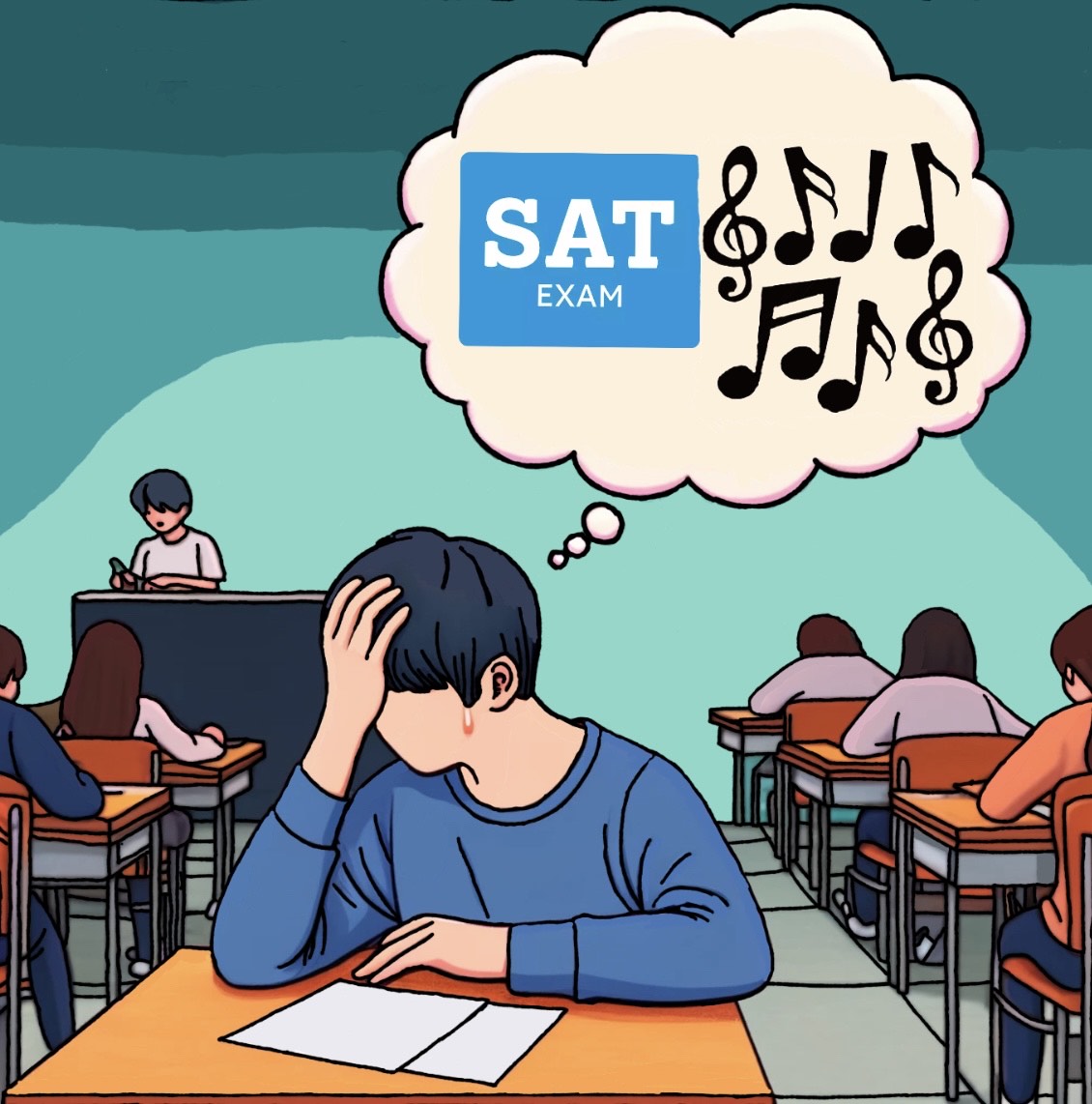
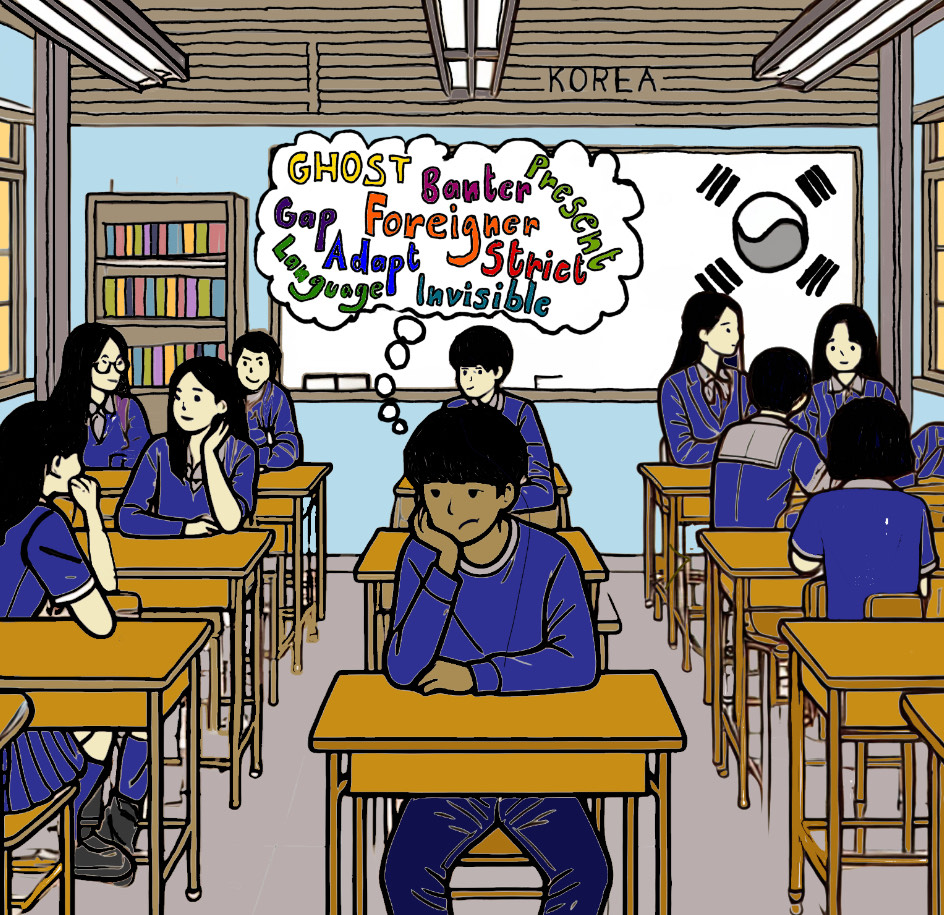







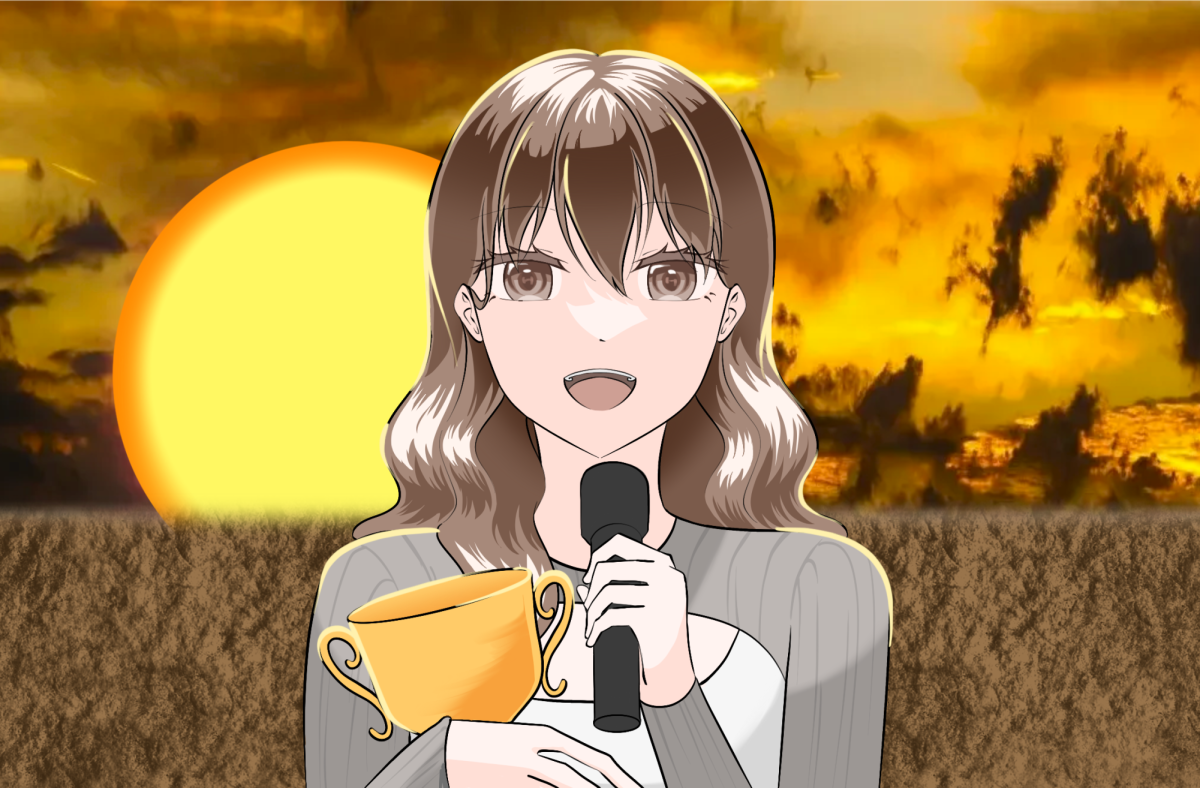

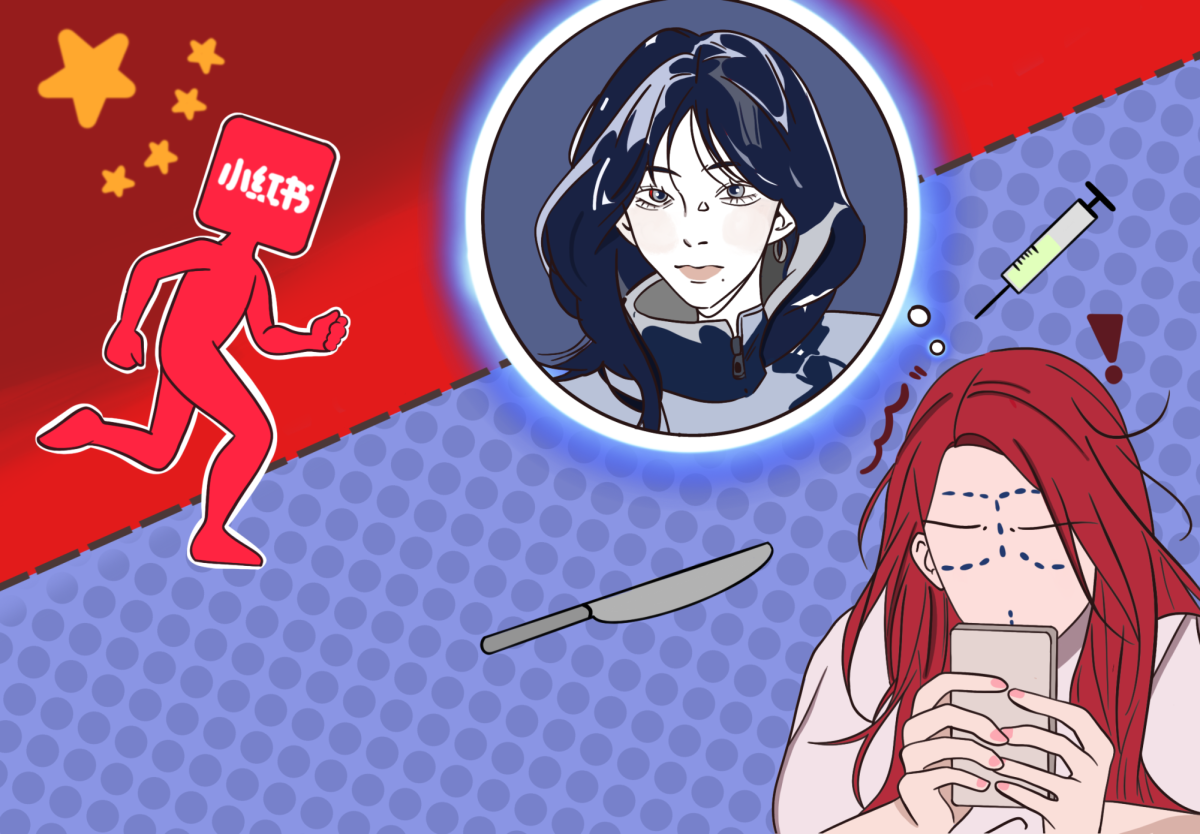
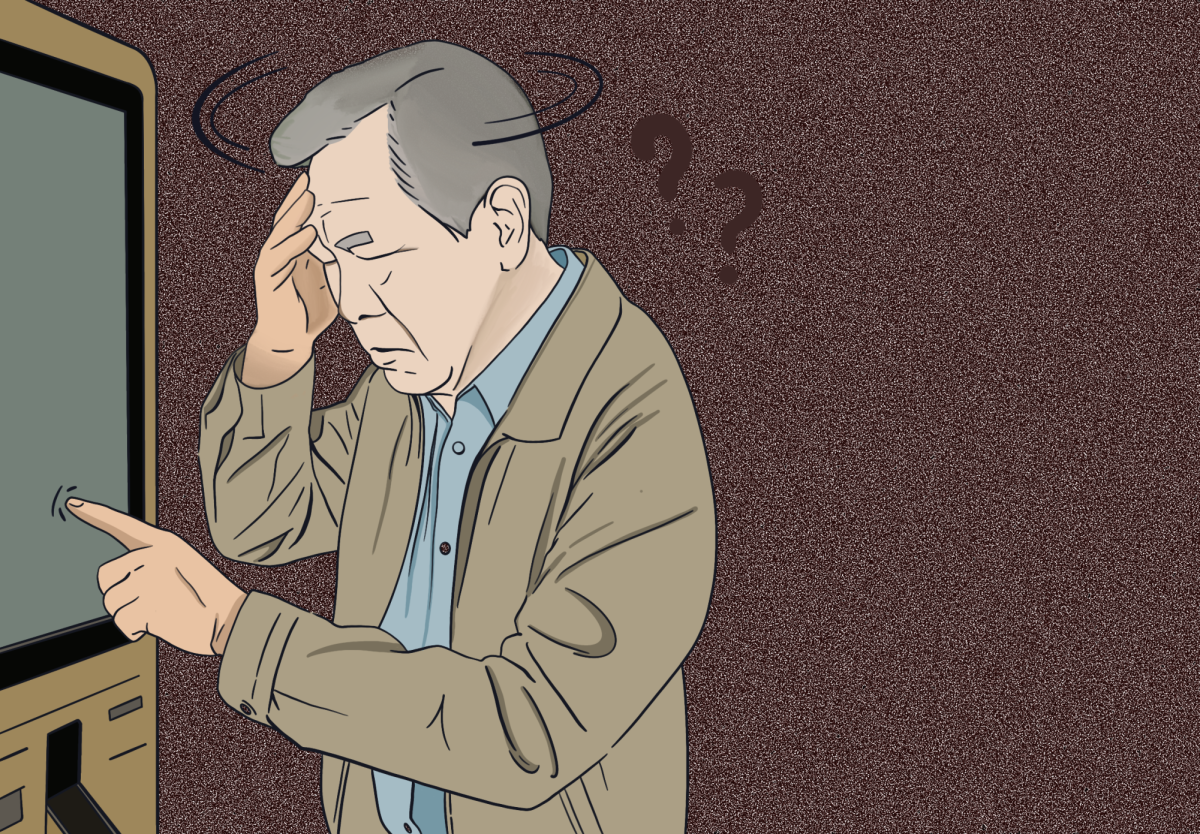
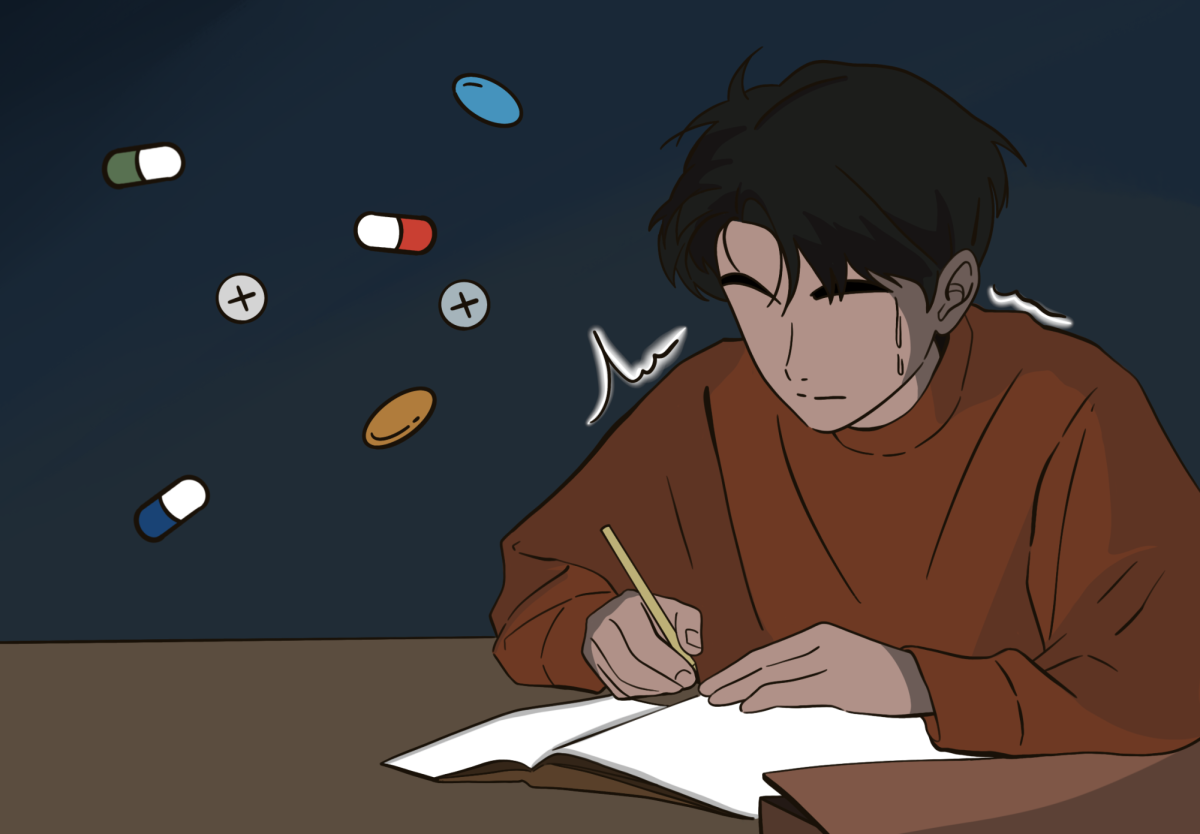
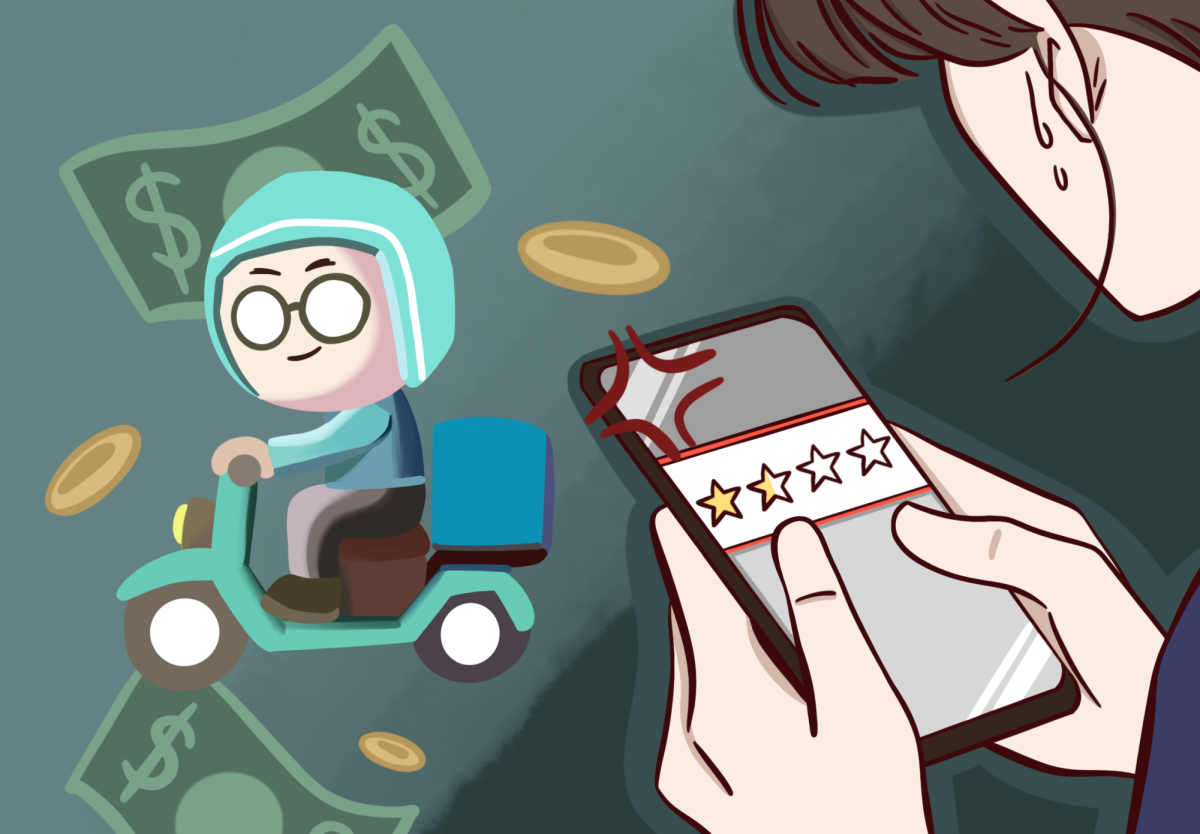
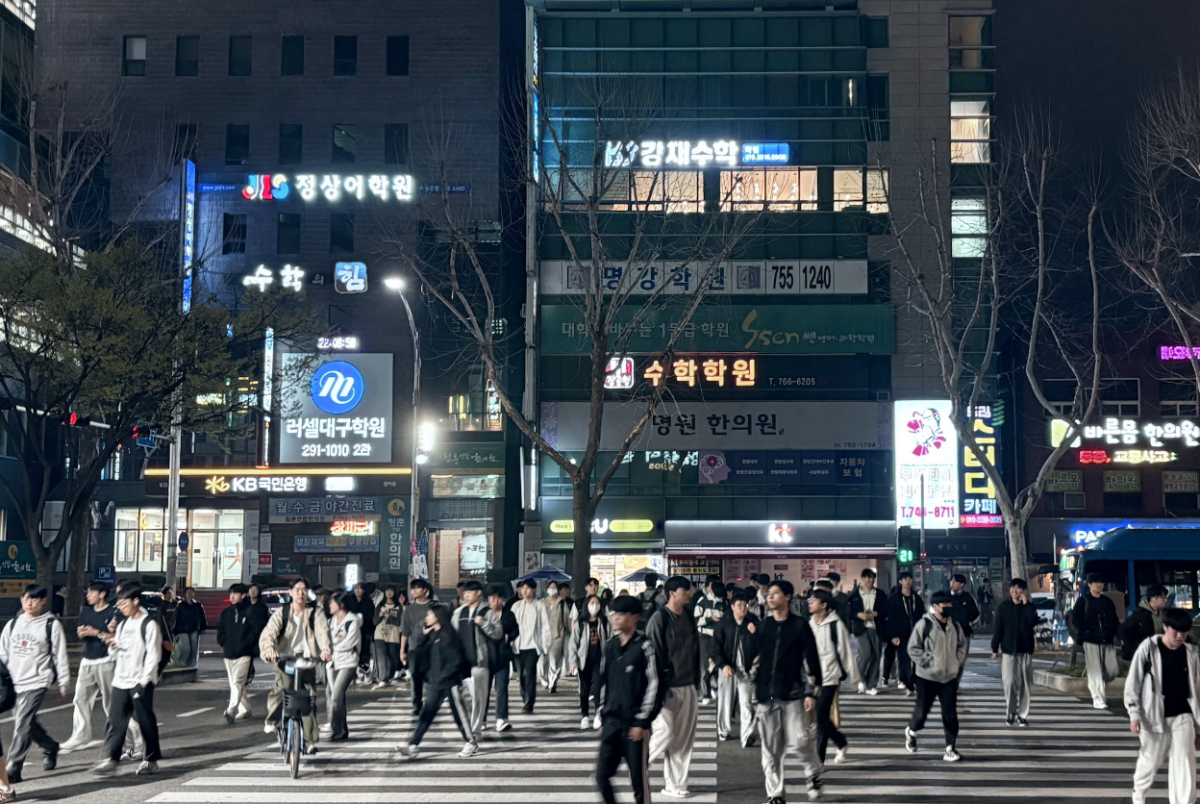



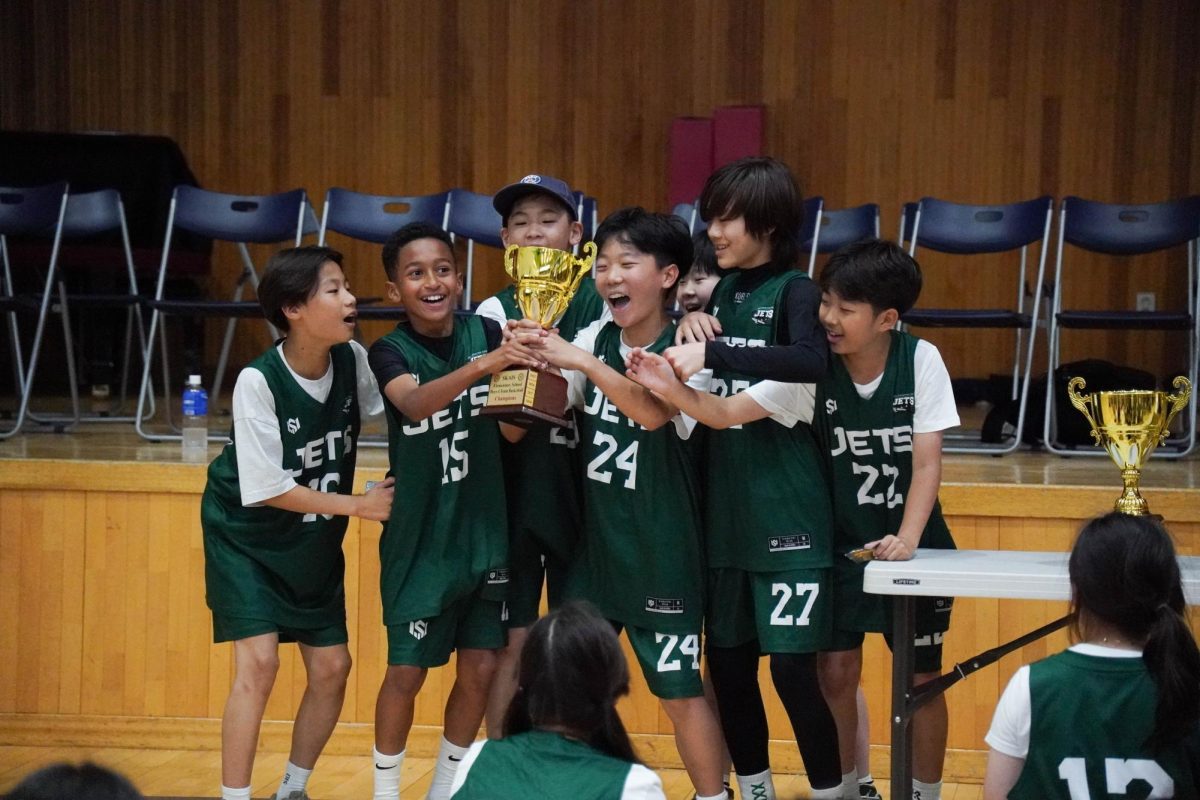

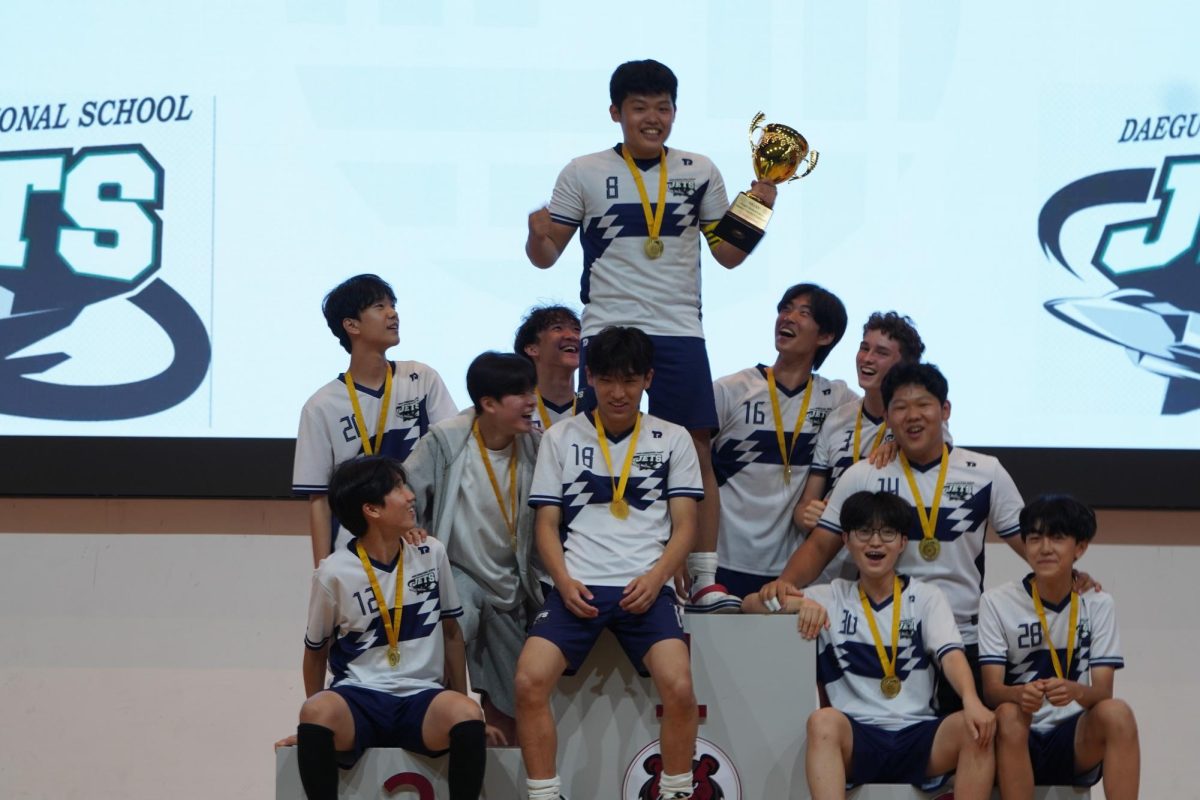






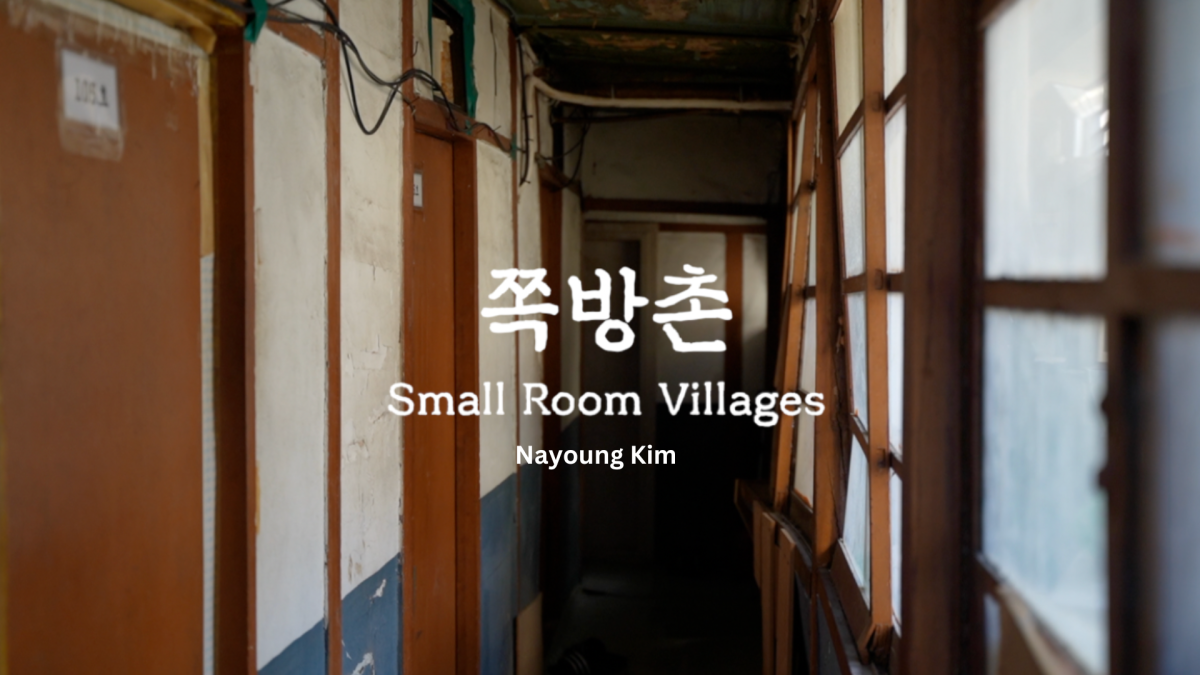
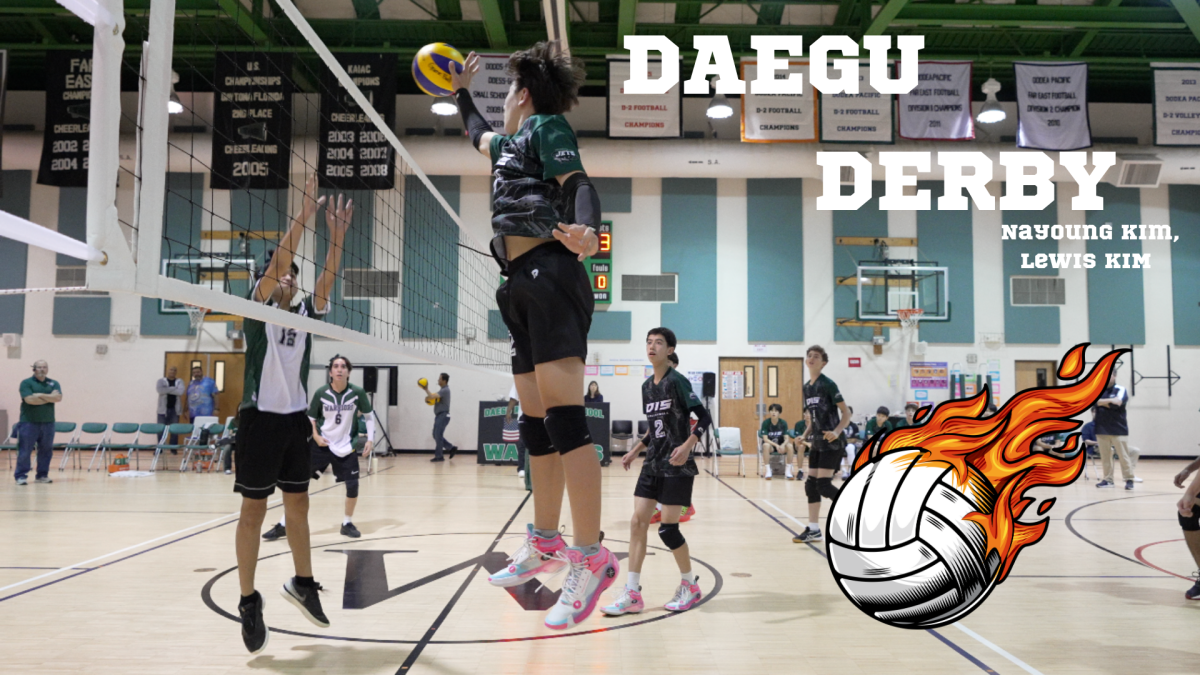
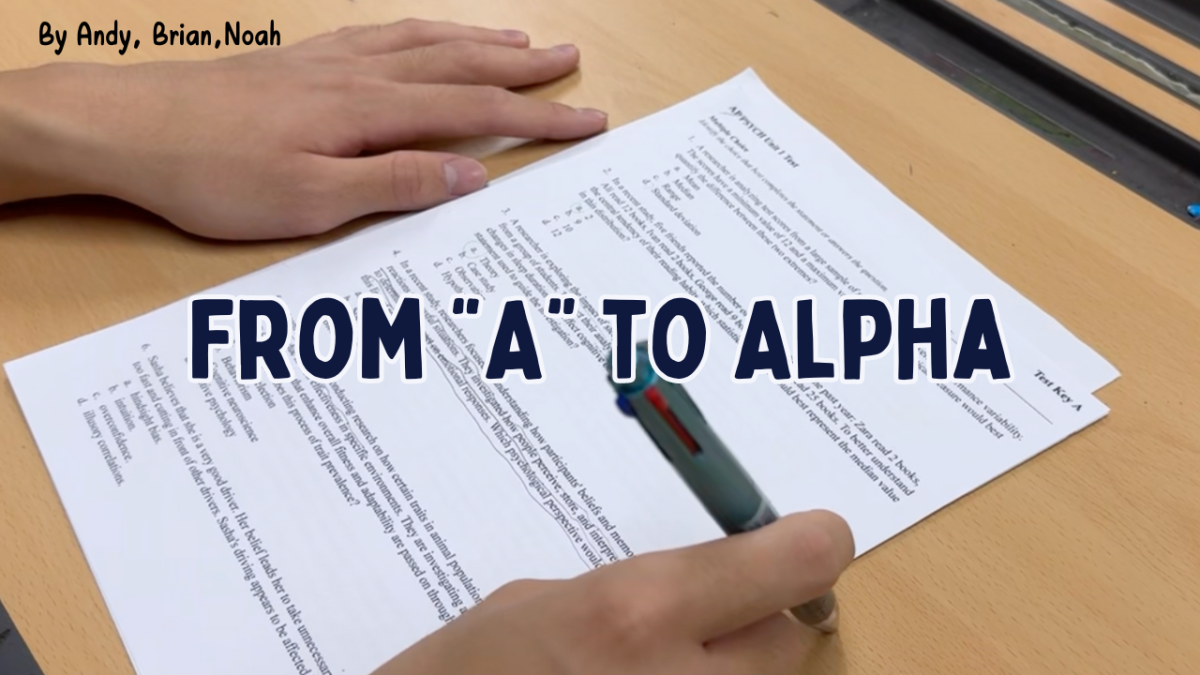
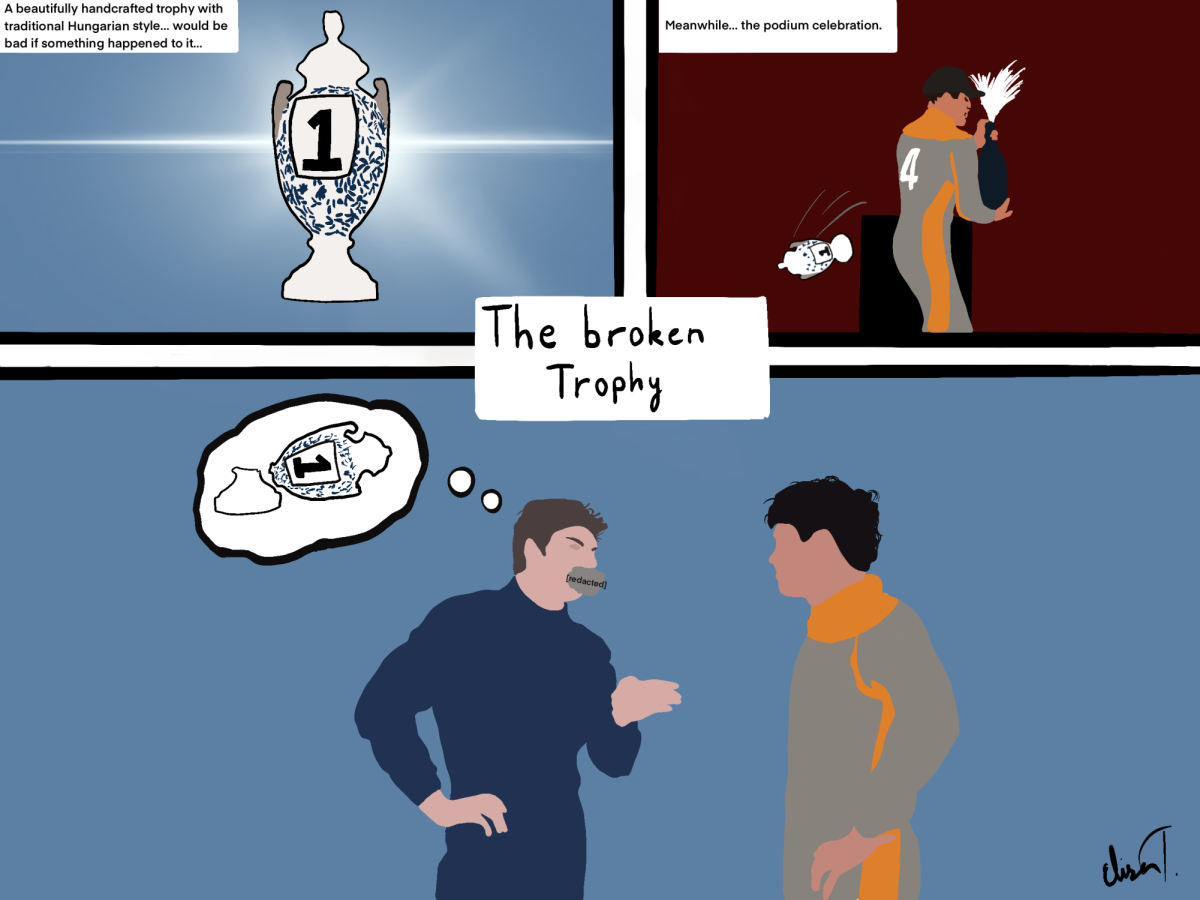
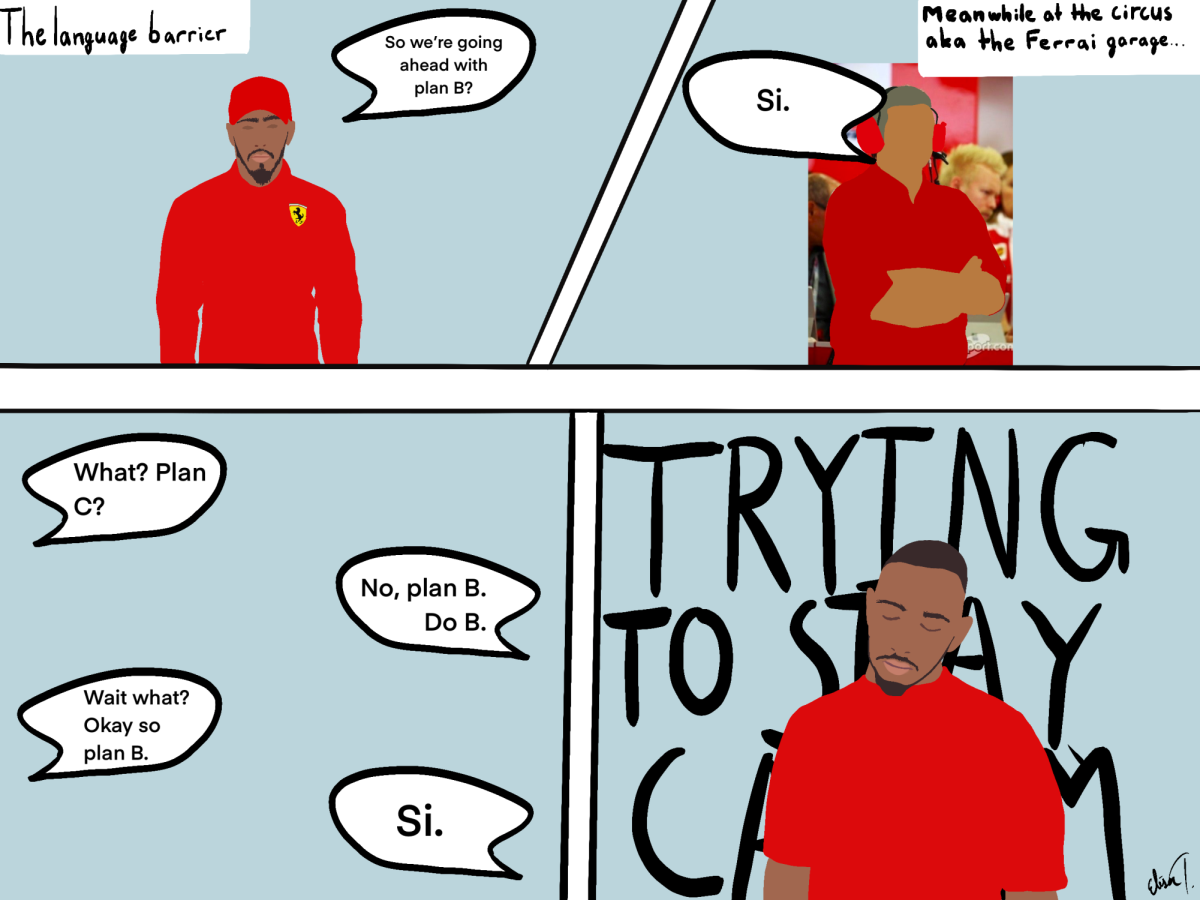
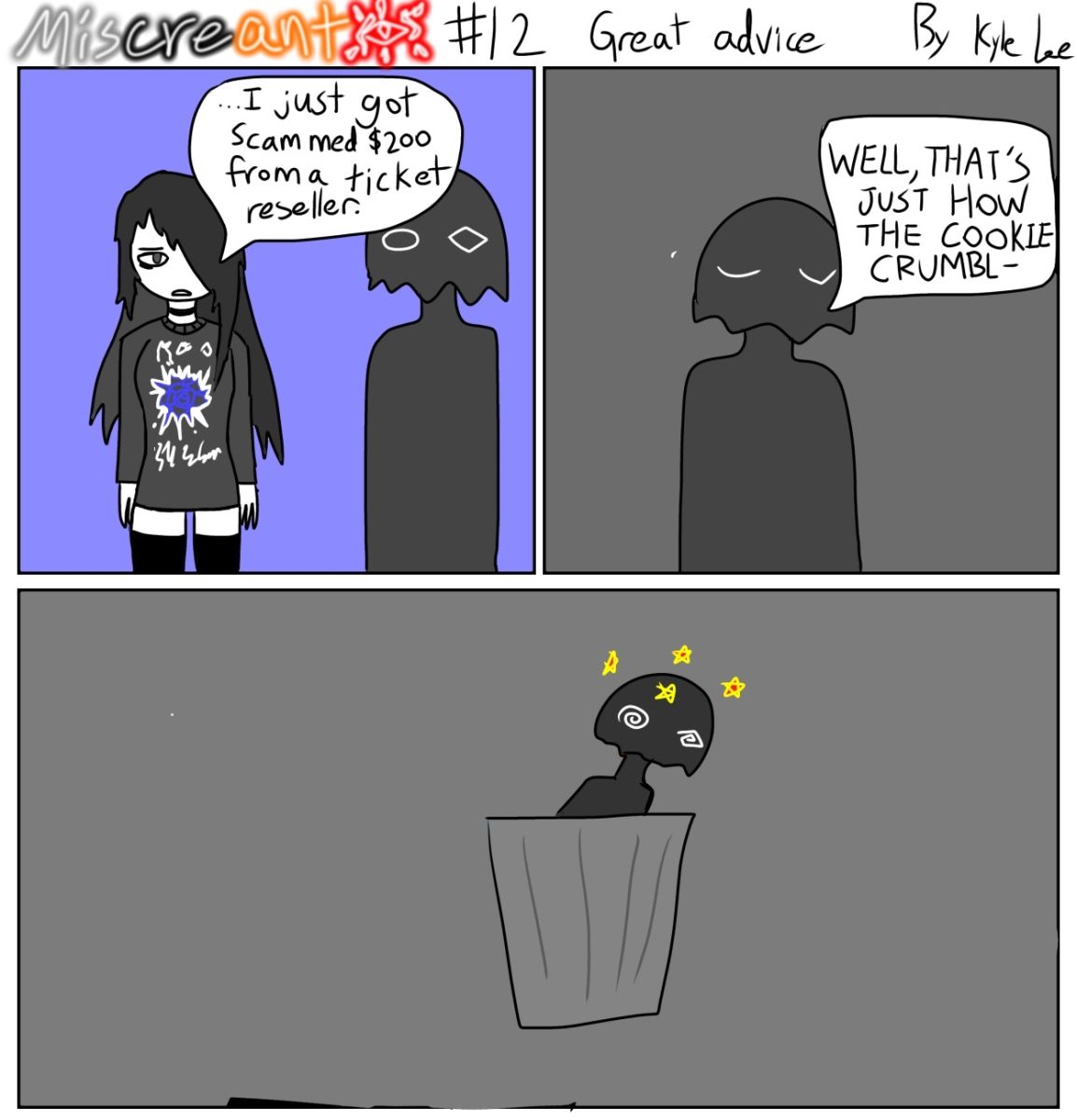
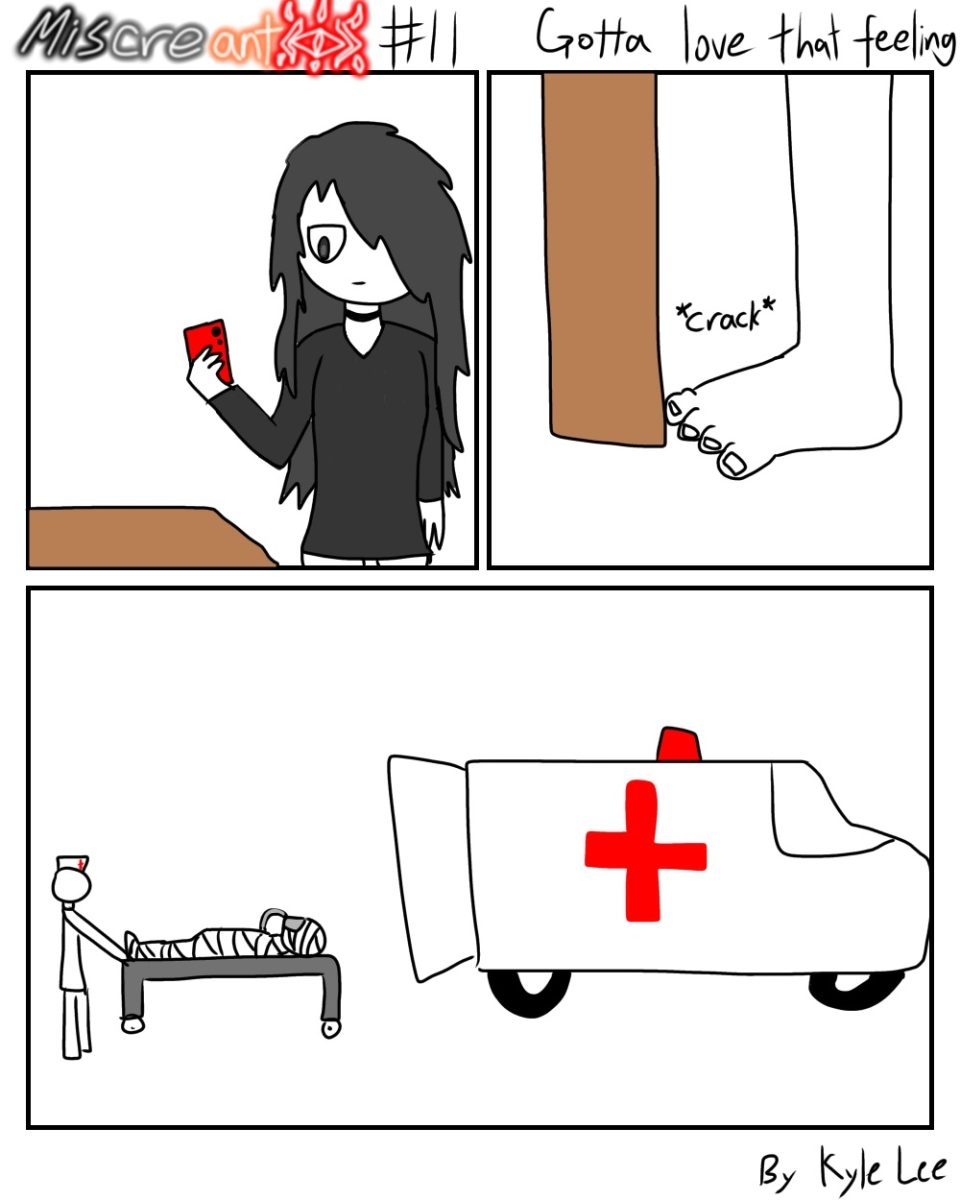


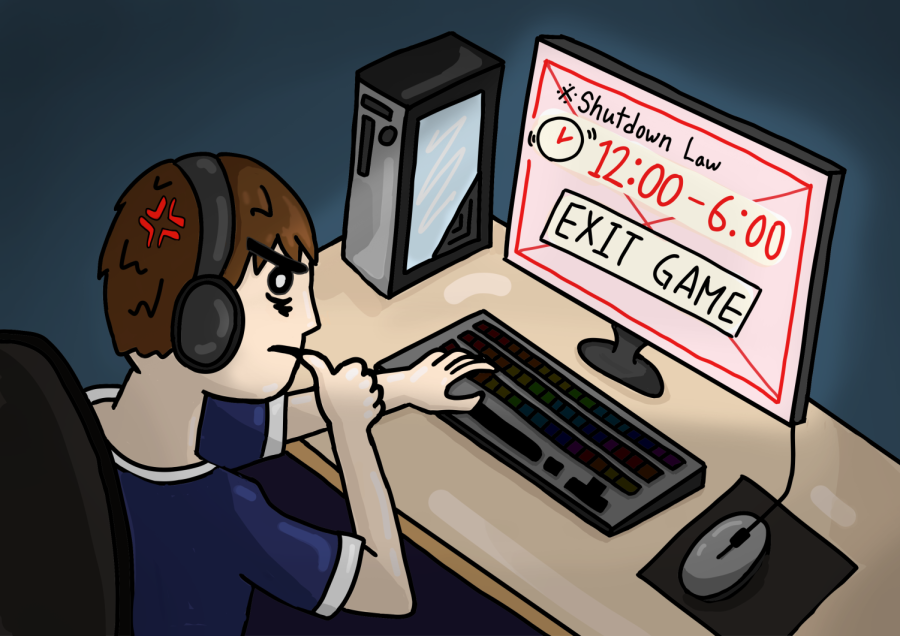




Sleepy seventh grader • Oct 20, 2021 at 7:35 pm
Wow I had no idea
Noah Don • Oct 20, 2021 at 7:34 pm
I can imagine how people felt when this happened
Purnima • Oct 9, 2021 at 8:58 am
Sounds interesting!!!